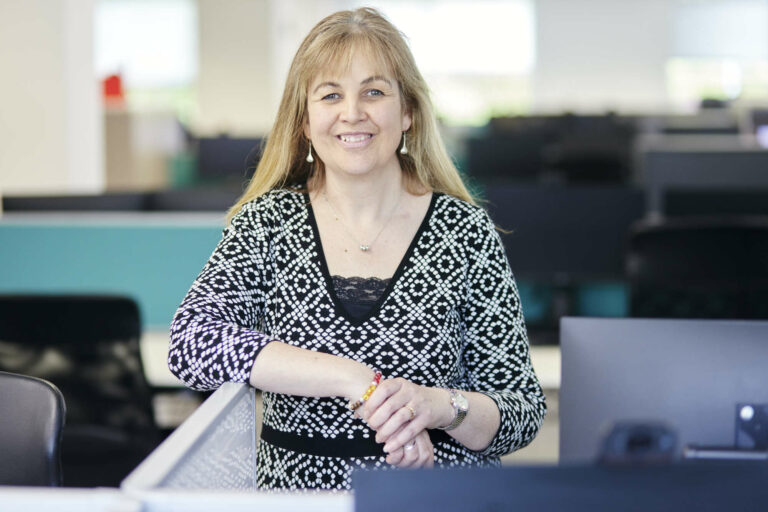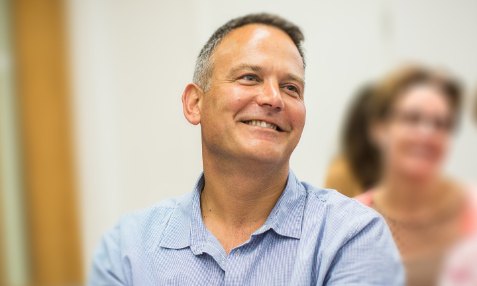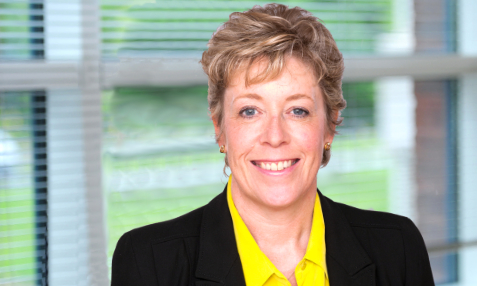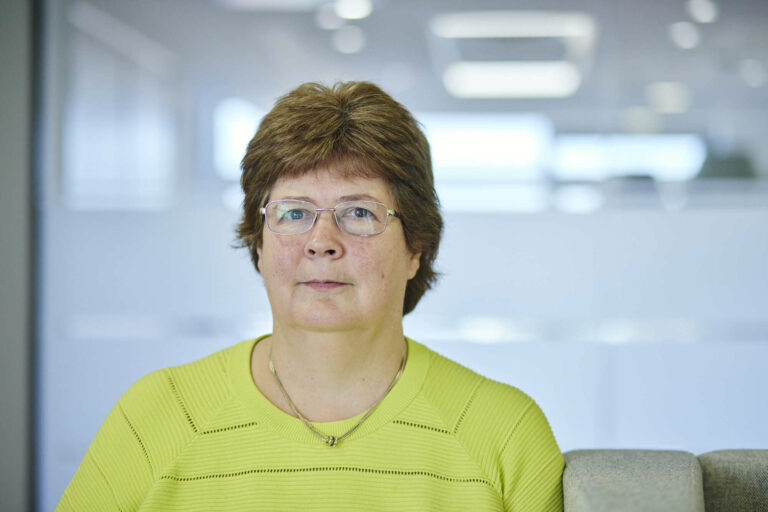
Last week, a former hospital worker admitted to not only killing two women, but to sexually abusing the bodies of at least 100 women and children in two Kent Hospital mortuaries.
The families of these victims, stunned by the revelations, will be demanding to know how these atrocities can have taken place, but what legal action can they take, and what can we expect to happen next ?
Twelve years of undetected abuse
When police investigating the murder of Wendy Knell and Caroline Pierce had gathered enough evidence to search the house of David Fuller, a maintenance technician who had worked at both Tunbridge Wells and Kent and Sussex hospitals, they found several hard drives containing footage of him abusing dead bodies in the mortuaries of those hospitals. It is understood that he had kept a written log of the names of the people he abused and would return to the same bodies on different occasions. To date, the police have identified over 100 victims ranging from under the age of 18 to over 85.
He is currently standing trial for the murder of both women. Senior Crown Prosecutor Libby Clark described the trial as “the most disturbing and challenging case I have ever been involved with.”
What’s next in the mortuary abuse cases?
As this is such an unusual case, involving such appalling crimes, there is no set precedent to follow. There will be complicated legal issues involved for families, who will wish to preserve the dignity of their loved ones and avoid further intrusion into their private grief. Hospitals and the NHS will be investigating their own processes – but there must be some independent examination of accountability, and that is why the government has agreed to hold a public inquiry. The health secretary, Sajid Javid, said: “We have a responsibility to everyone affected by these shocking crimes to do right by those we’ve lost, and those still left behind in their shock and their grief.”
The same procedure was followed after the arrest of Dr Harold Shipman, who was convicted in 2000 of the murder of 15 elderly women.
The public inquiry will investigate and scrutinise any failings in policy and procedures that allowed Fuller’s abuse to happen and go undetected for so long, and make recommendations to prevent anything similar ever happening again.
What action can relatives take?
Families need immediate support as they are now faced with having to deal with these unthinkable issues on top of their grief, and the government may want to consider immediate and free psychological and counselling support to help.
In the criminal justice process, family members affected by these crimes should be offered the opportunity to give their views to the Court in a “Victim Personal Statement”; a document that will be considered by the Judge when considering Mr Fuller’s sentence.
More widely, it is to be expected that families will be at the heart of any investigation and wider public inquiry and be able to engage fully in a transparent accountability process. Also, they may be entitled to some damages for the impact of the news of these terrible crimes on their loved ones.
If one of your relatives was affected and you would like to speak in confidence to one of our team to find out how we can support them in bringing action, please contact us.


















